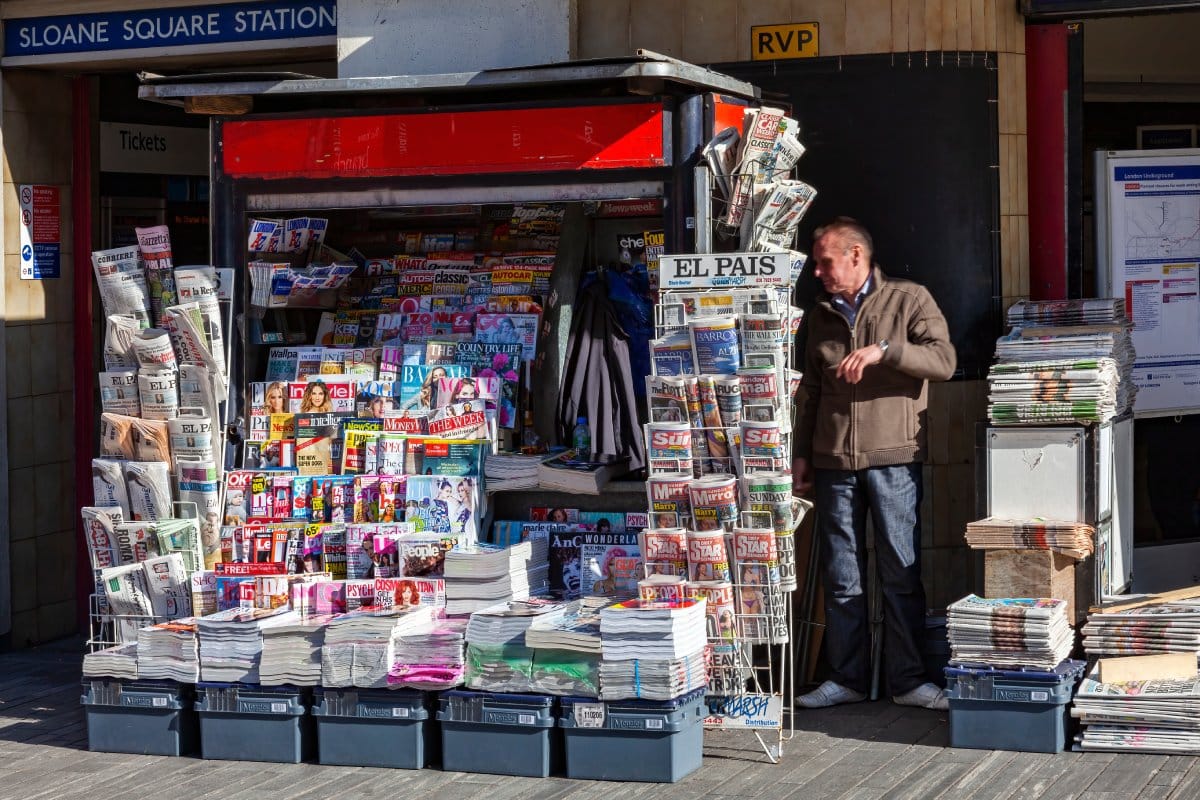As the UK heads to the polls, a wave of newspaper endorsements has received almost no attention from the wider public, leaving many to wonder how much influence the dying newspaper industry still wields. Here’s the full story.
Changed Beyond Recognition

The media landscape of the UK has changed almost beyond recognition from the days when print media could sway entire elections.
“It’s The Sun Wot Won It”
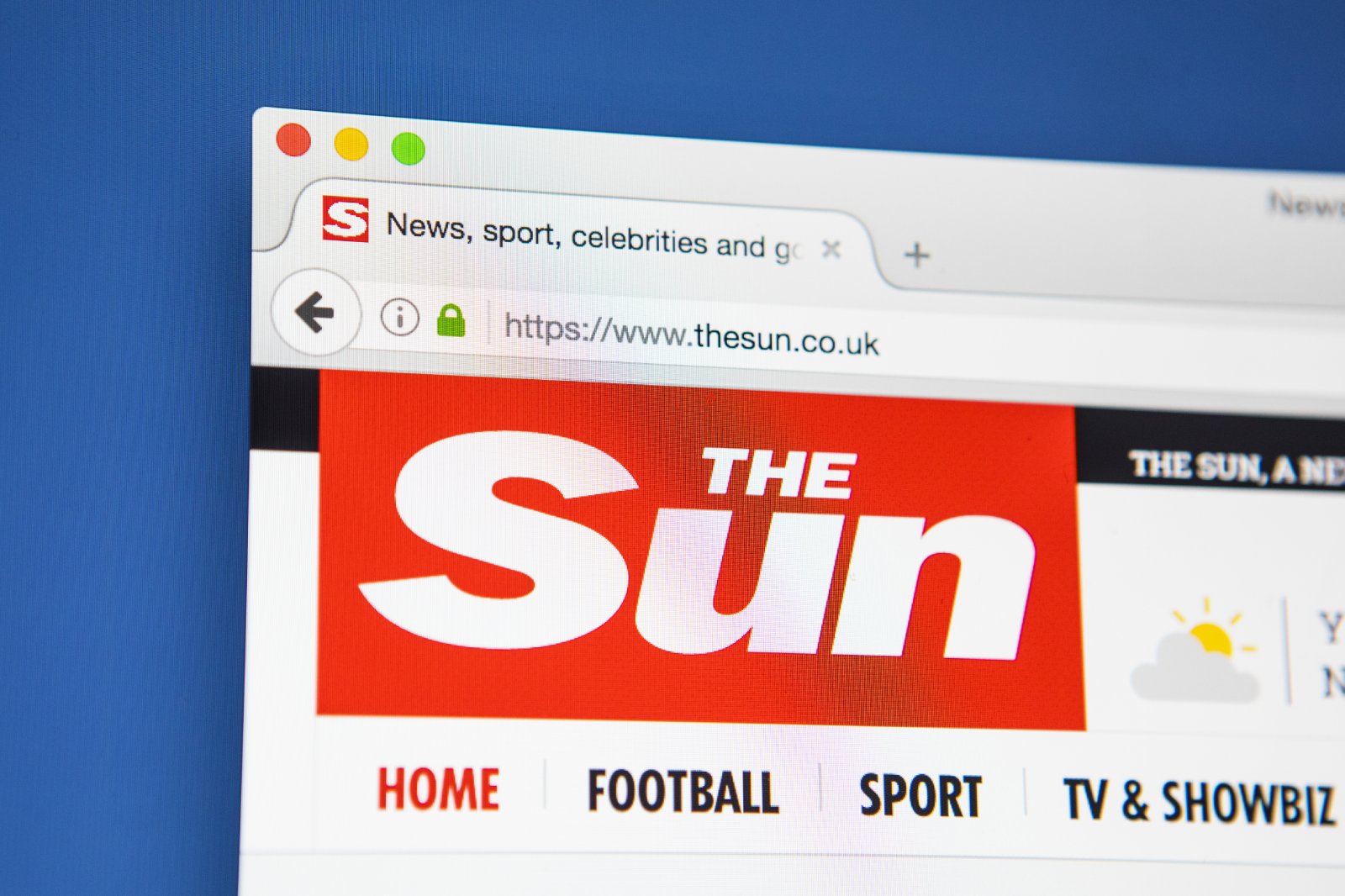
Though their influence has been hotly debated ever since, The Sun’s infamous and badly spelt 1992 headline “It’s The Sun Wot Won It,” which followed a surprise Conservative victory, marked the pinnacle of the newspaper’s ability to wield power in elections.
Influence Declines Rapidly

How times have changed. With newspaper circulation dropping precipitously and most of the public getting their news online, the influence wielded by national newspapers and magazines has fallen just as quickly.
Endorsements Go Unnoticed
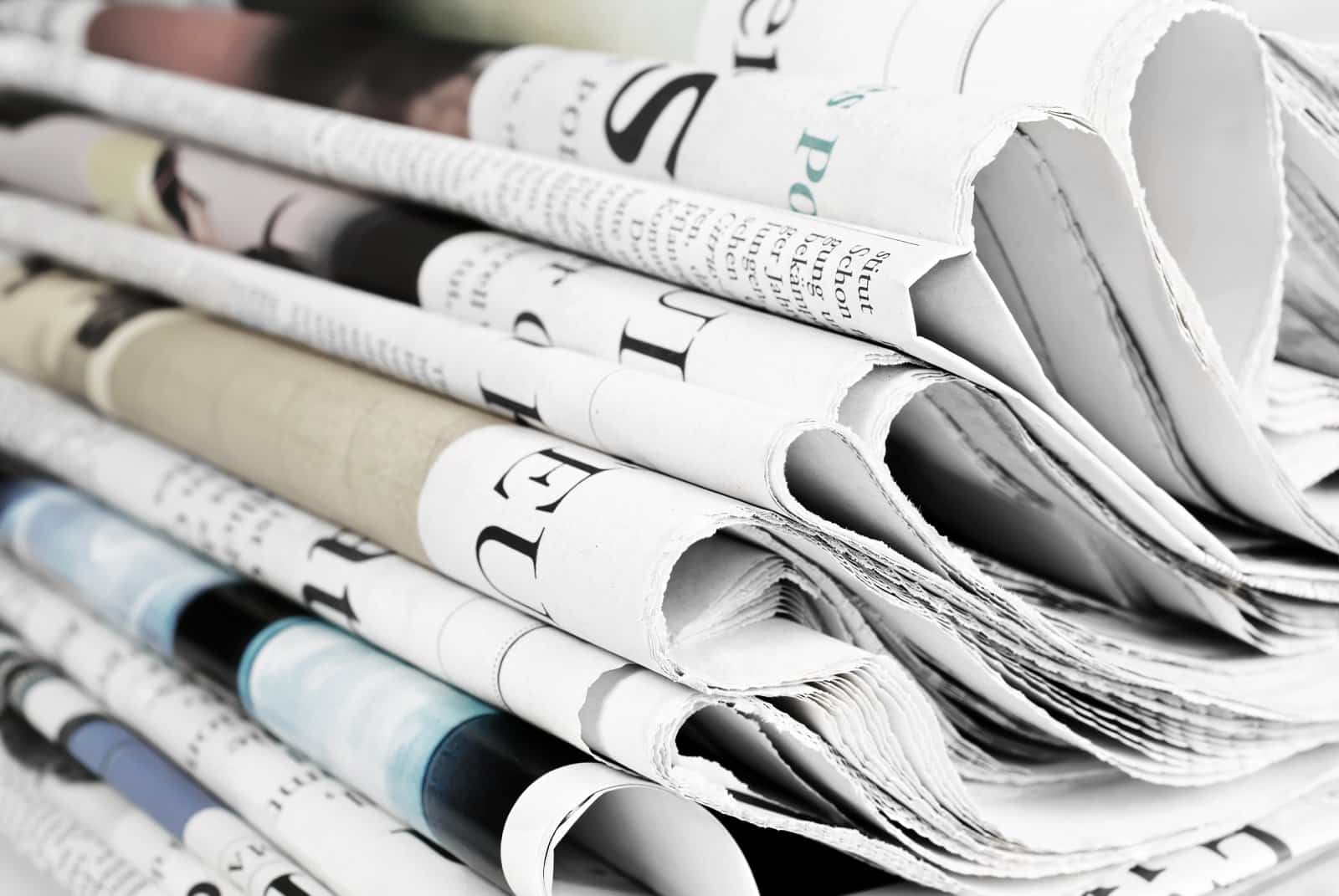
Whereas in previous elections, newspaper endorsements would themselves be big news, in this general election campaign, a whole swath of newspapers have come out to support one party over another and no one, barring the media themselves, in whose interest it is to rally readers to their fading glory, noticed.
“The Right Time for Labour”
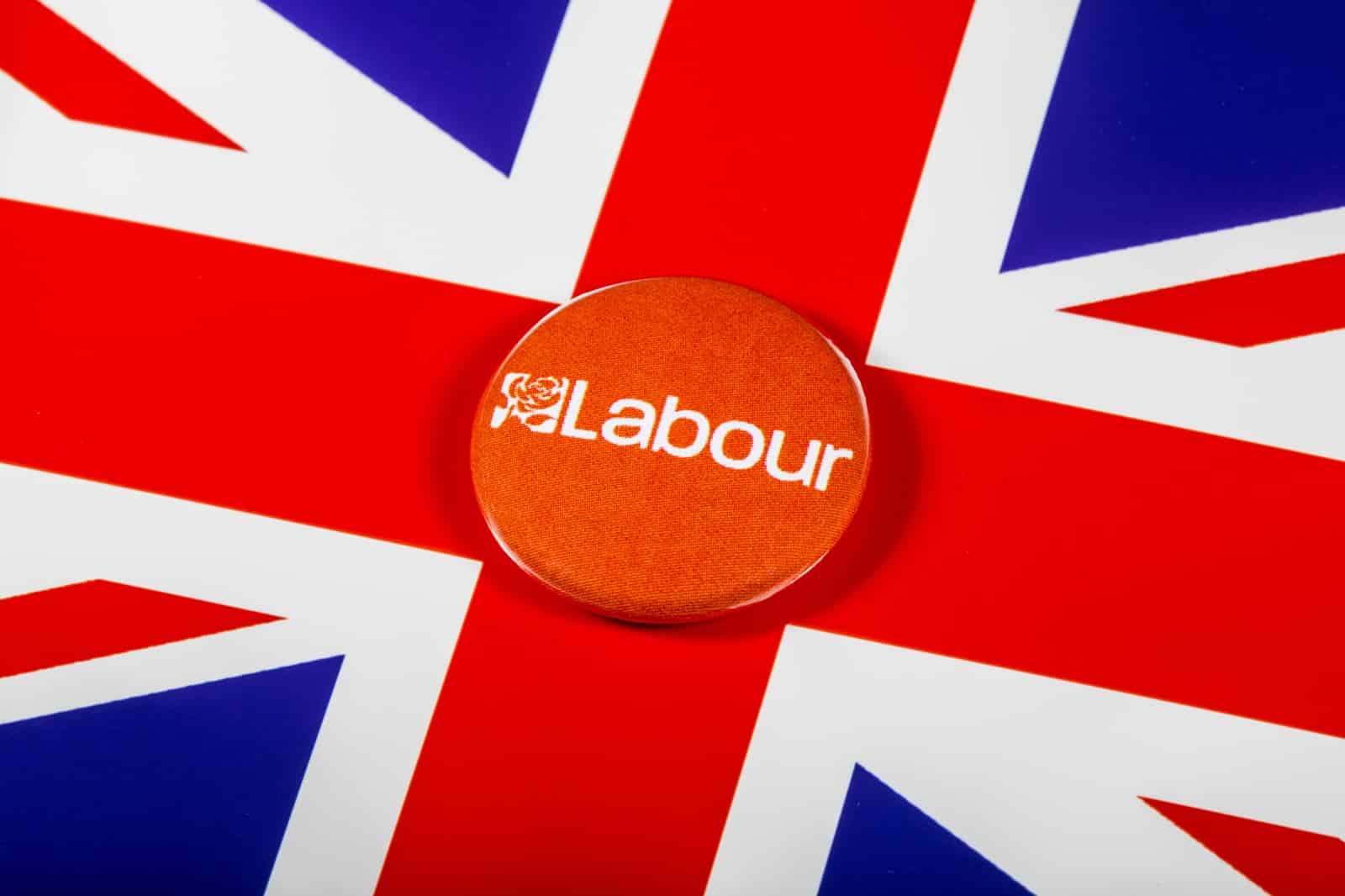
Unsurprisingly, considering the catastrophic campaign the Conservatives have run and the sorry state the country is in following 14 years of Tory rule, several key publications, including the Financial Times, The Sunday Times, and the Economist, supported Labour.
“Forfeited the Right to Govern”
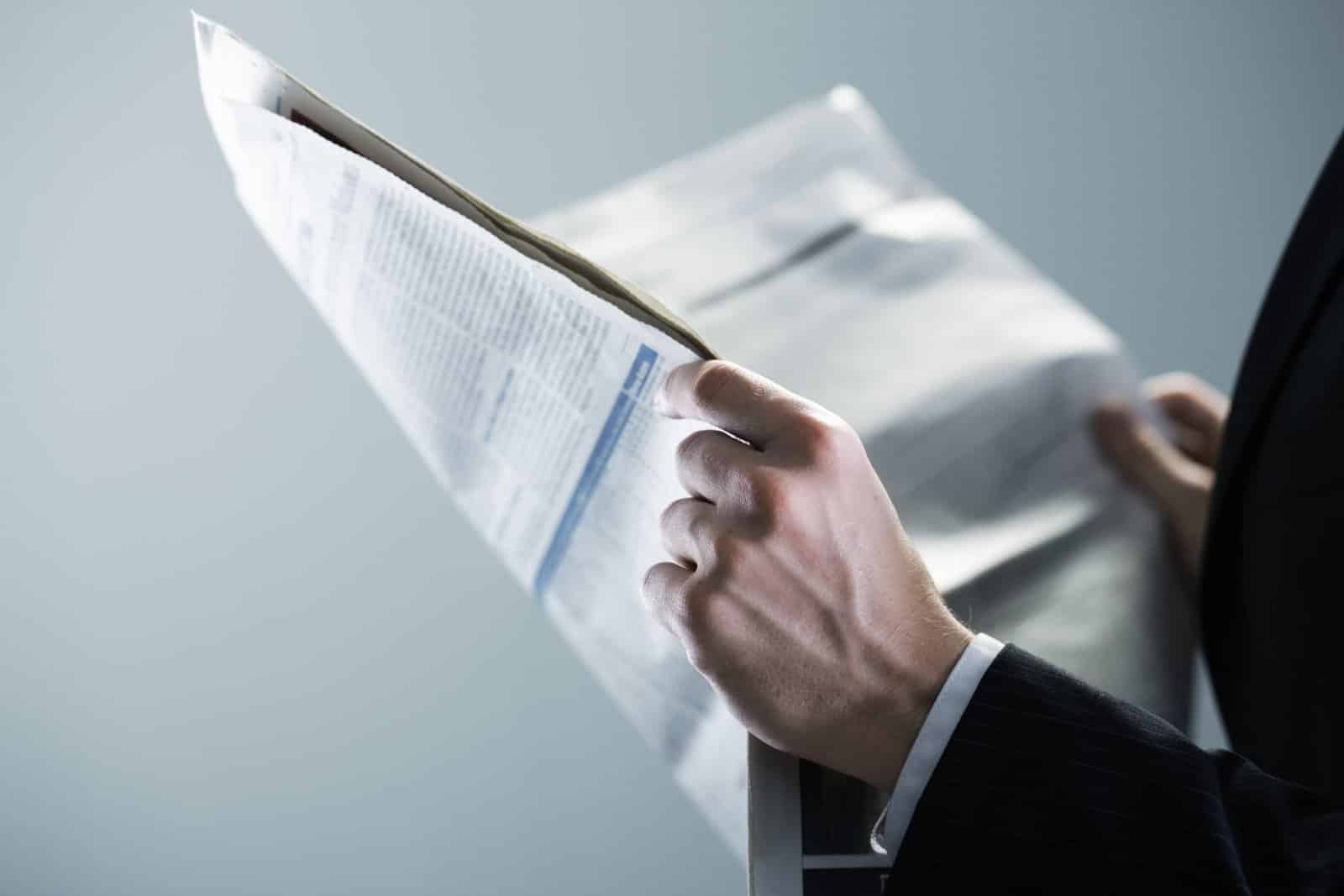
The Sunday Times is particularly noteworthy as, being a paper owned by Rupert Murdoch, a man Prince Harry described as holding political views “‘just to the right of the Taliban’s,” the paper has traditionally supported the Conservatives.
“Britain Needs a Radical Reset”
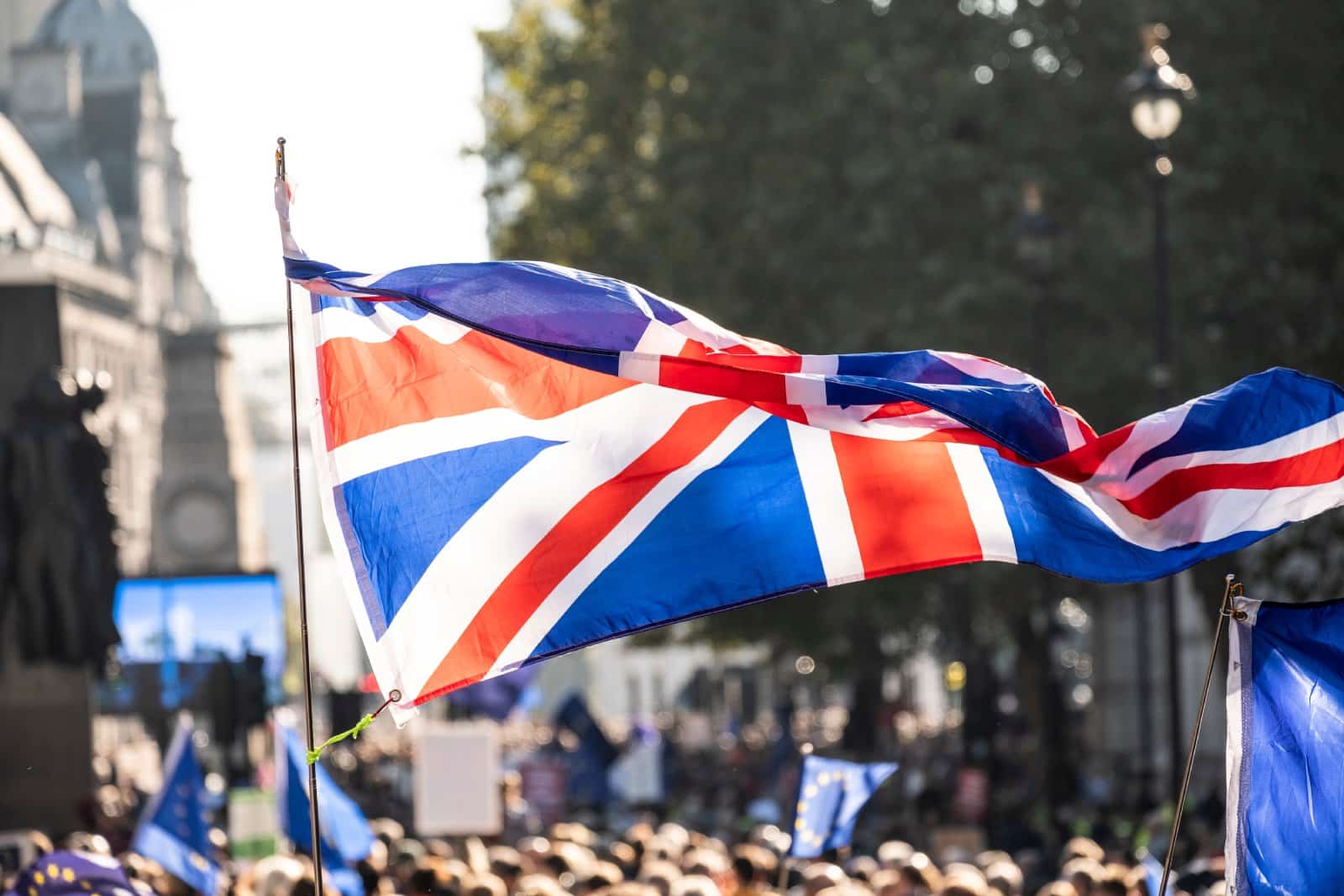
The Sunday Times noted that the Conservatives had “forfeited the right to govern” and added, “Britain now needs a radical reset. We believe it is now the right time for Labour to be entrusted with restoring competence to government. Britain needs to do better – as a place to live, work and do business.”
Conservative Media Stays Loyal

Apart from the Sunday Times, the other billionaire-owned right-wing press in the UK all predictably endorsed the Conservative Party, as they have done since 1945 in many cases. The Daily Mail, The Daily Telegraph, and the Sunday Express stayed loyal to the Conservatives.
“Something Far Worse”

The Daily Mail sounded increasingly frantic as it warned Conservatives turning away from the party in droves not to “punish themselves by ushering in something far worse.”
Labour ‘Supermajority’ Fears
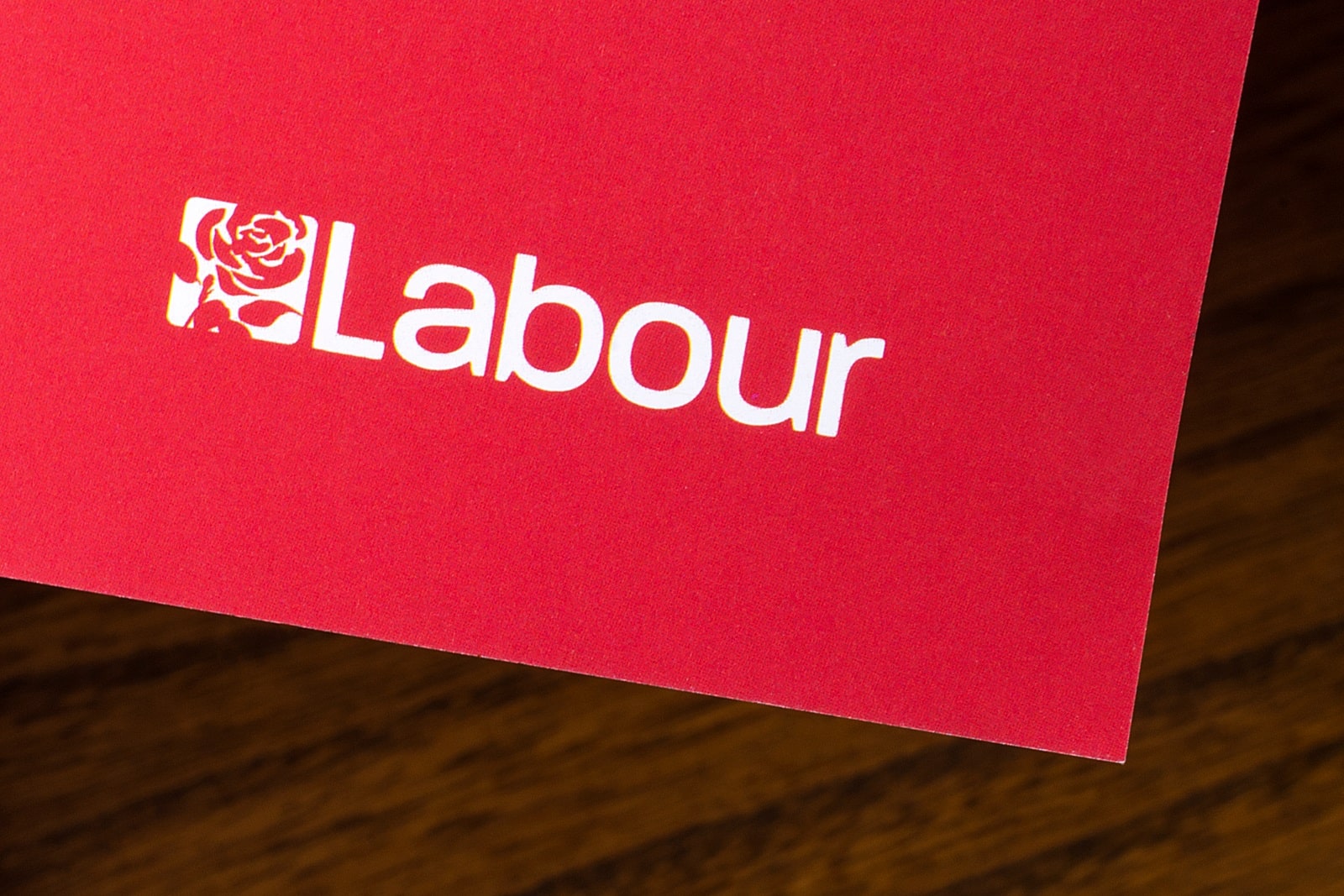
The newspaper’s endorsement stated, “If the polls are to be believed, Labour is on course for an unprecedented ‘supermajority’, reducing the Conservative presence at Westminster to a barely relevant rump.”
“A Disaster for Britain”

It added, “The Mail believes that would be a disaster for the political, cultural and economic life of this country. With no effective opposition, it would give unbridled power to a Labour party which seeks to change Britain immeasurably for the worse.”
Left-Wing Papers Support Labour
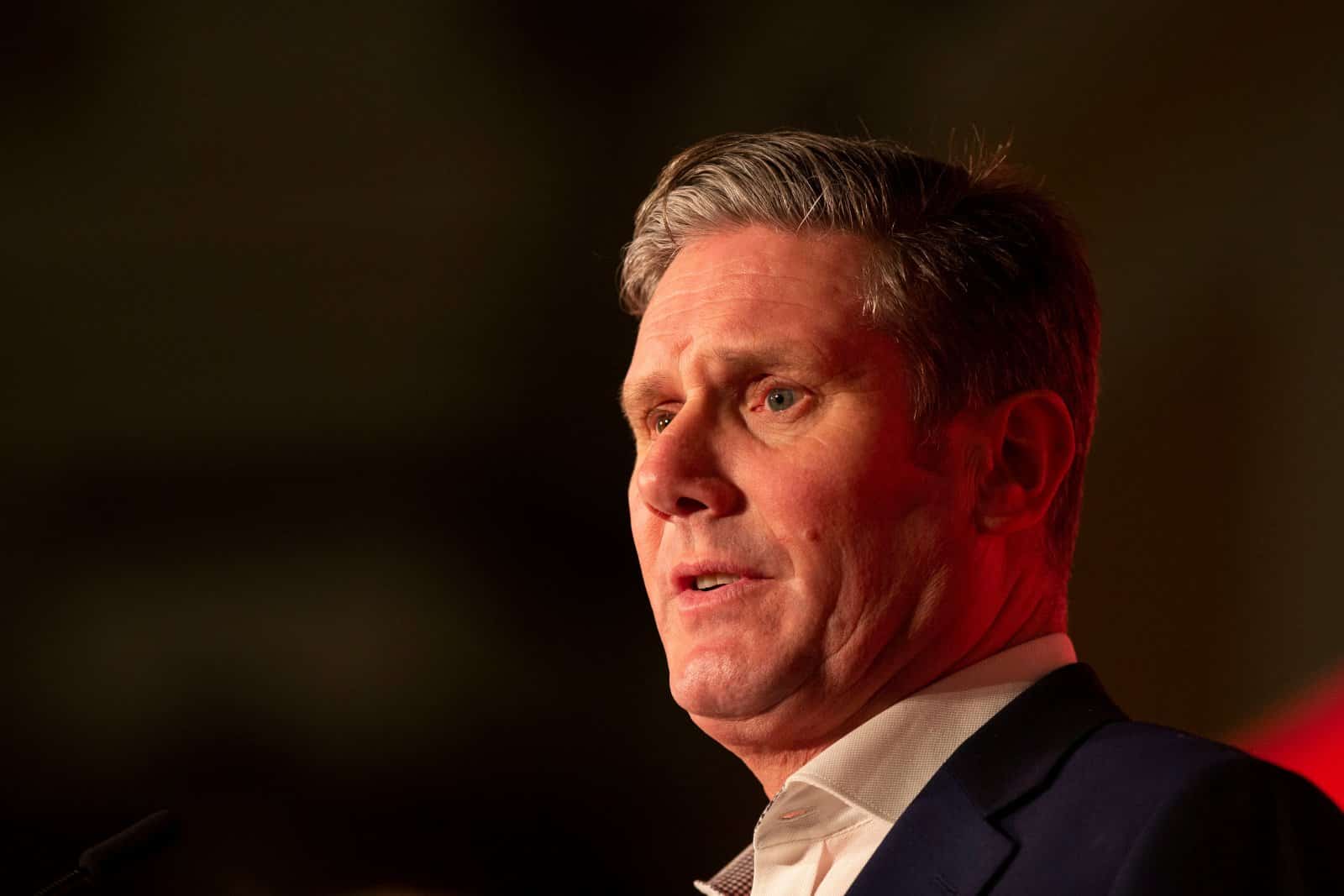
Similarly, the nation’s few remaining left-leaning newspapers, such as the Daily Mirror, the Guardian, and its Sunday counterpart, the Observer, supported Labour.
“A Heavy Electoral Loss”
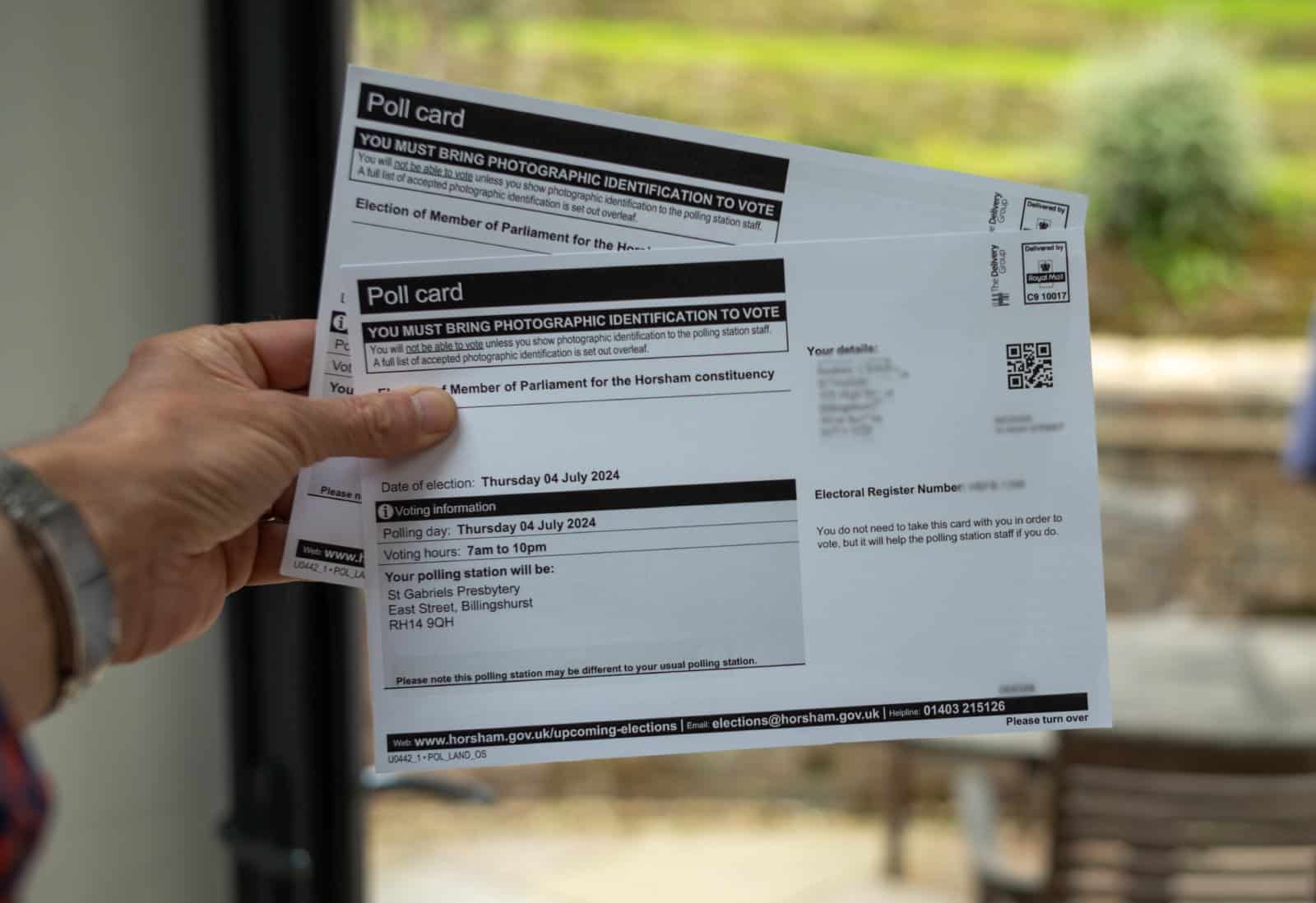
The Observer leader stated, “Voters should seize this chance to inflict a heavy electoral loss on the Conservatives for their ruinous period in office, and positively endorse the alternative future that the Labour Party offers,”
Unexpected Endorsement for Binface
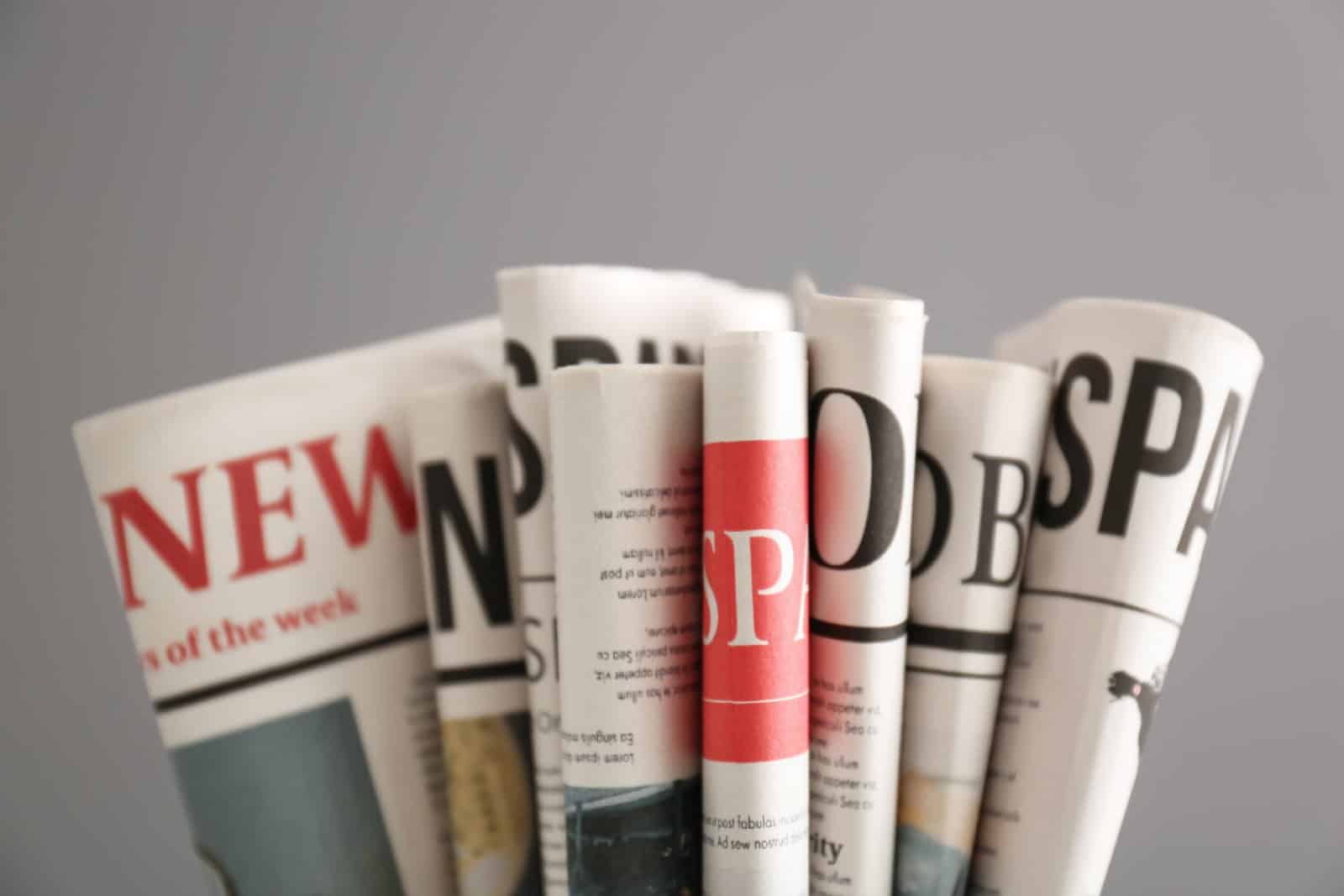
However, the one genuinely unexpected endorsement came from the tabloid newspaper the Daily Star, which endorsed Count Binface, a satirical candidate running against Rishi Sunak in his constituency, whose policies include matching Ministers’ pay to that of nurses and forcing the bosses of British Water Companies to swim in the rivers their companies have polluted. The newspaper labelled Count Binface “the most sane politician in the UK.”
Silence From Murdoch Papers

Interestingly, neither the Times nor the Sun, owned by Murdoch, have yet to endorse candidates, and, this close to the election, it’s likely that they, perhaps in a tacit acknowledgement of their dwindling influence, simply won’t bother.
Influence of Endorsements Wanes

Despite the flurry of declarations, the influence of newspaper endorsements has significantly waned in recent years, as digital news platforms and social media now play a dominant role in shaping public opinion.
Consistent Party Loyalties

With the advent of the internet, it is now easy to look back and see that most of the country’s newspapers endorse the same parties consistently, sticking to their editorial brief and the whims of their owners, with only a few notable deviations like the Sunday Times backing Labour in 2001, or the Guardian, which is not billionaire owned, backing the Liberal Democrats in 2010.
Endorsements Have Little Impact
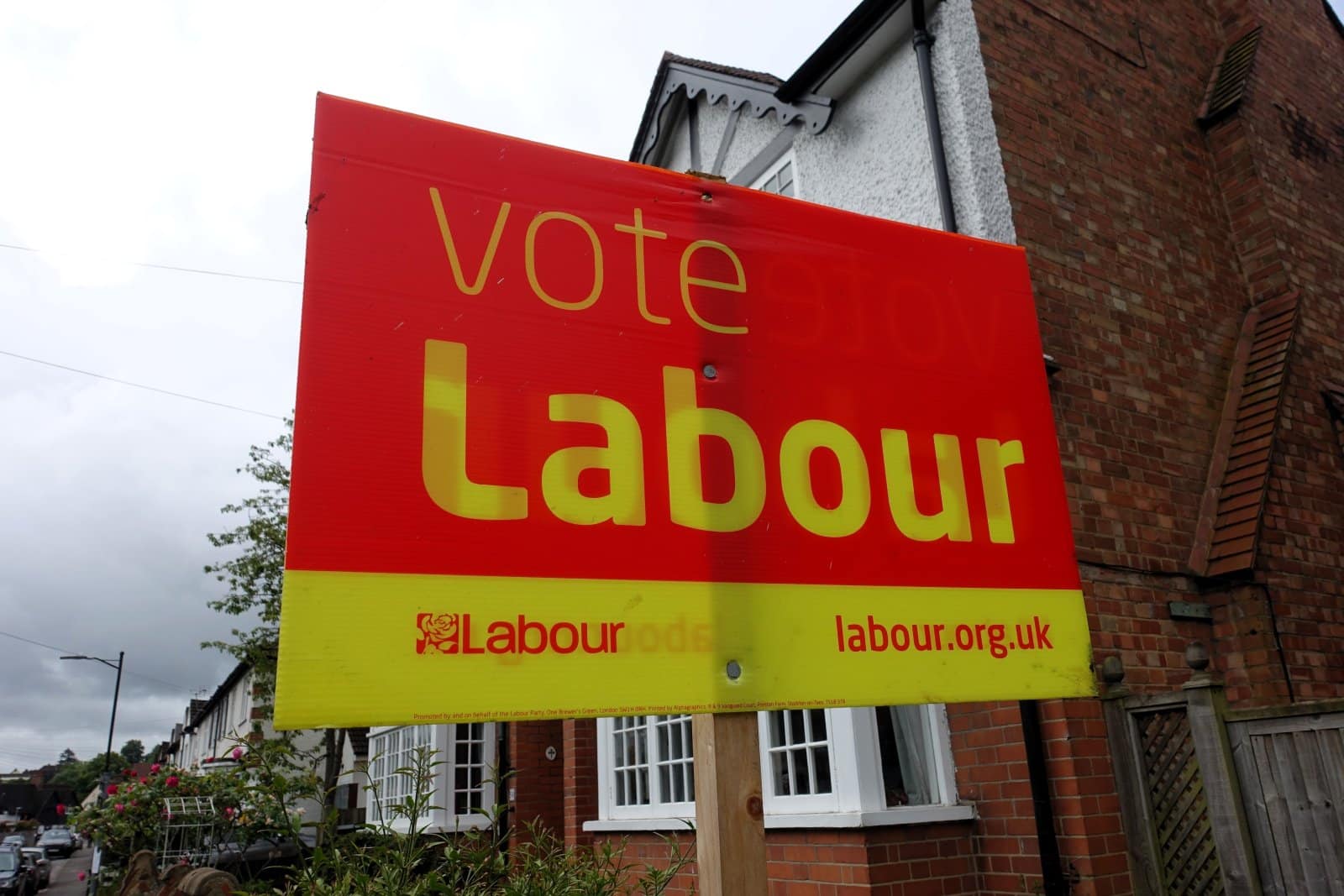
With most of the support for Labour amounting to little more than a begrudging acceptance of the need for change and the emotional wails of Conservative-supporting papers to back their party despite a terrible campaign, it seems the days of political endorsements being “wot won it” are almost over.
Tangible Impact Uncertain

Whether any of the endorsements of the newspapers, whose influence is diminishing rapidly, will have a tangible impact on the election outcome remains to be seen.
10 Worst Places to Live in the UK Today

Here’s a look at the 10 worst places to live in the UK, based on statistical analysis and local sentiment, to help you understand the challenges residents may face in these areas. 10 Worst Places to Live in the UK Today
“We Will Never Come to Help You” – Trump’s Hurtful Words Raise Concerns About EU Firepower
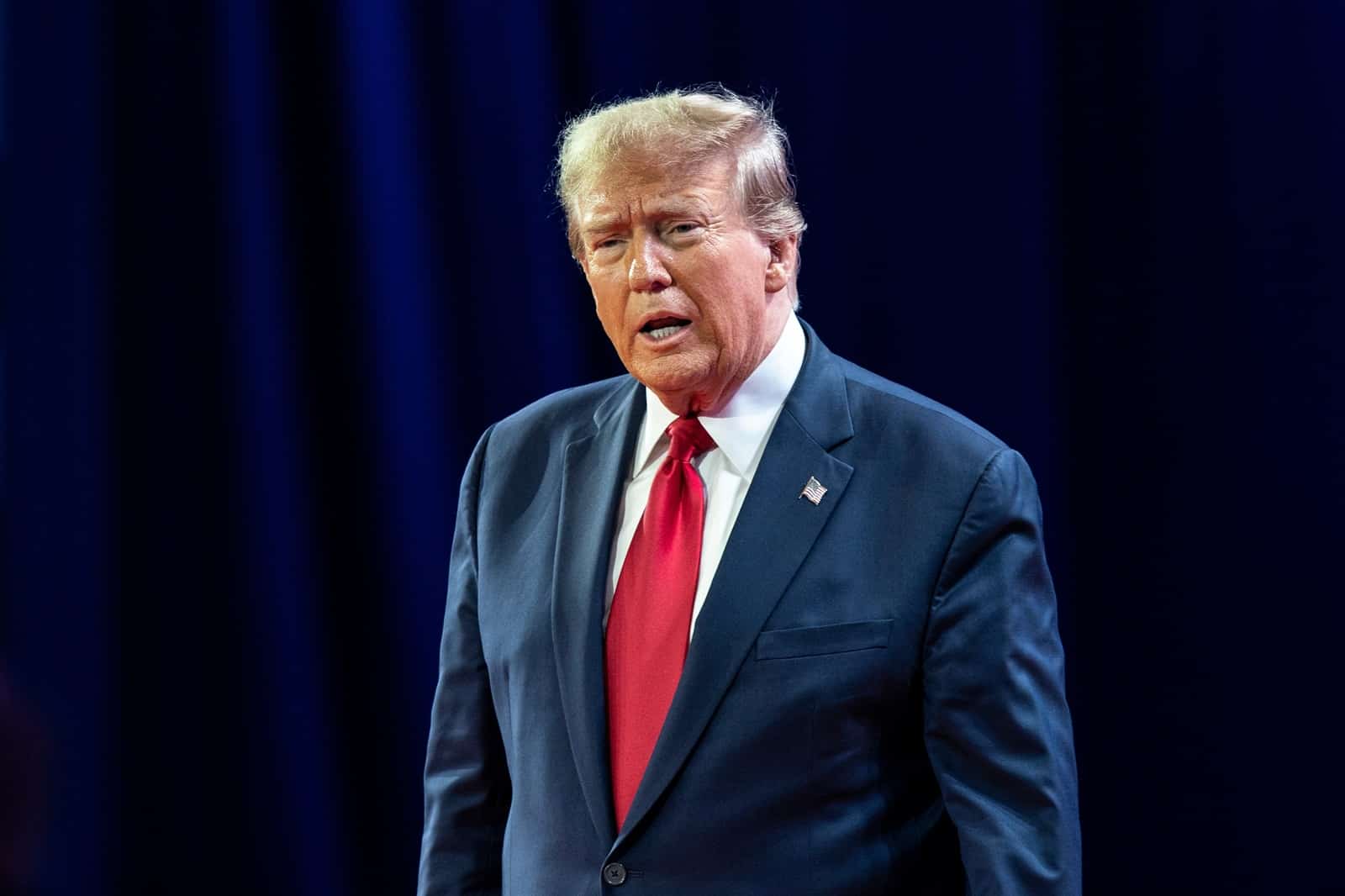
It was revealed in a conference in Brussels that former President Donald Trump said in 2020 that the US would “never help” Europe if it was attacked. Now, European nations are grouping to commit more firepower to combat Putin’s threat to democracy. “We Will Never Come to Help You” – Trump’s Hurtful Words Raise Concerns About EU Firepower
Brexit Fallout: 20 Ways the EU Is Falling Apart Without the UK
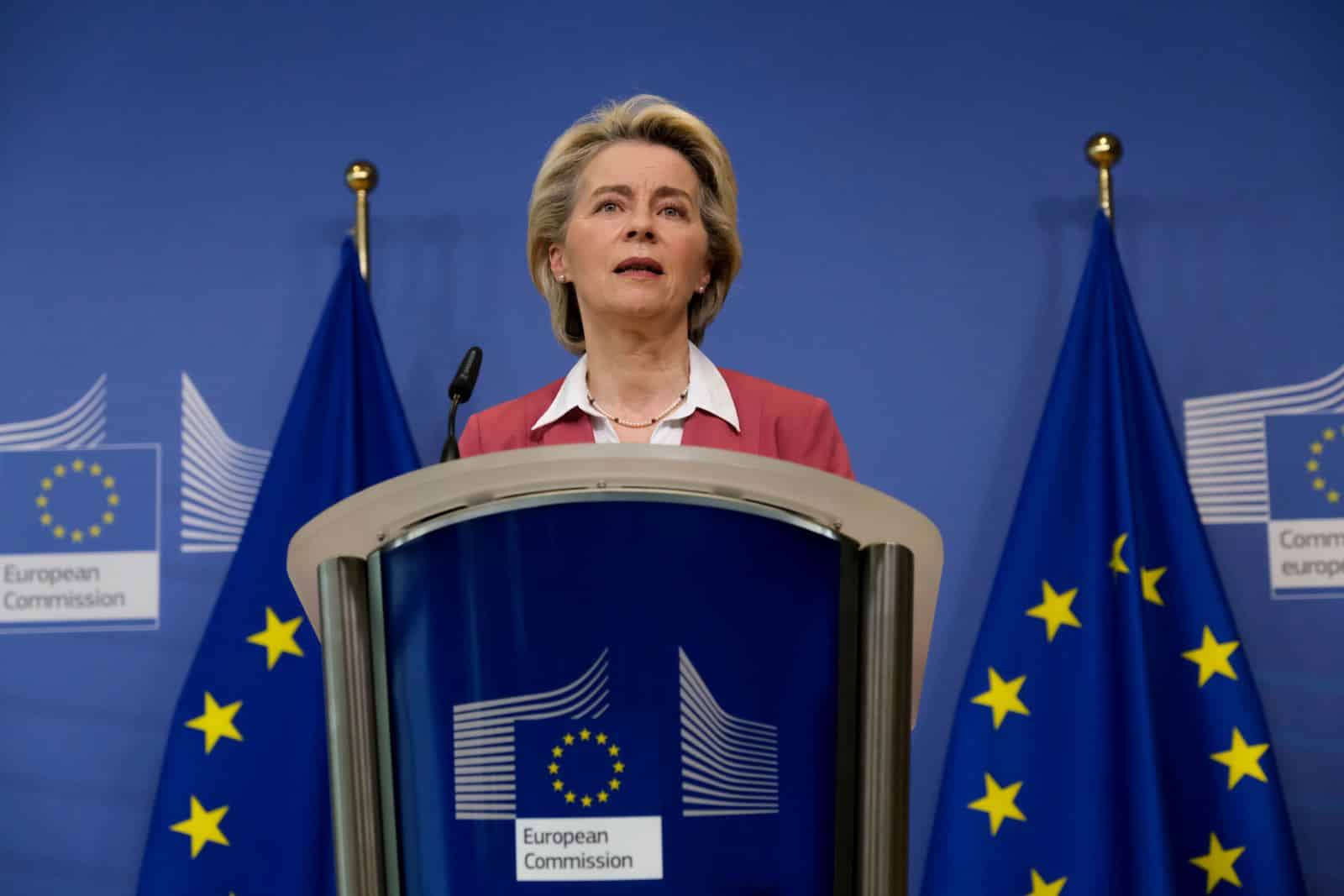
Since Brexit, the EU has been grappling with multiple crises and internal conflicts. Can the bloc hold itself together in these turbulent times? Brexit Fallout: 20 Ways the EU Is Falling Apart Without the UK
Featured Image Credit: Shutterstock / Tony Baggett.
Grant Gallacher is a seasoned writer with expertise in politics and impactful daily news. His work, deeply rooted in addressing issues that resonate with a wide audience, showcases an unwavering commitment to bringing forth the stories that matter. He is also known for satirical writing and stand up comedy.

